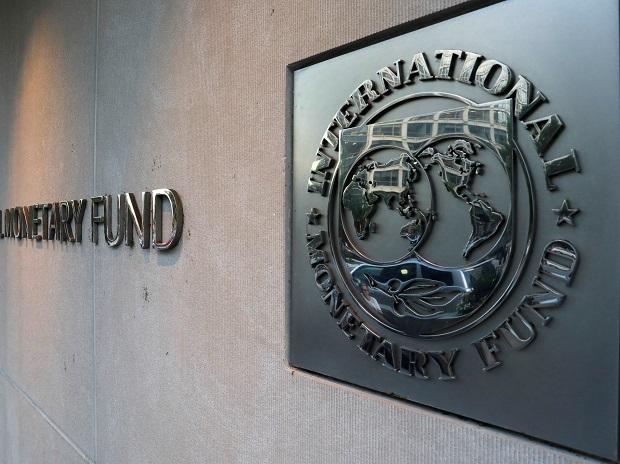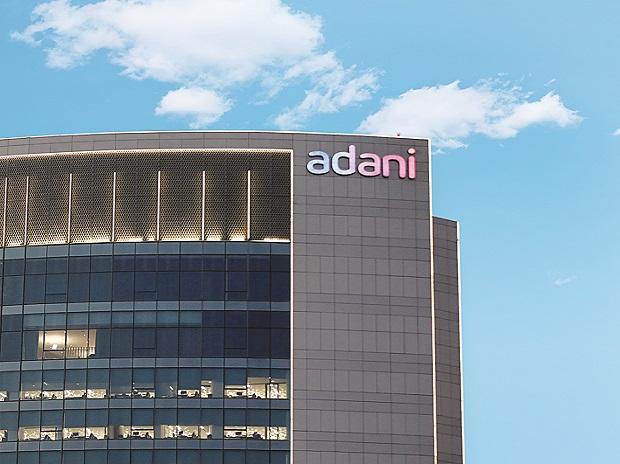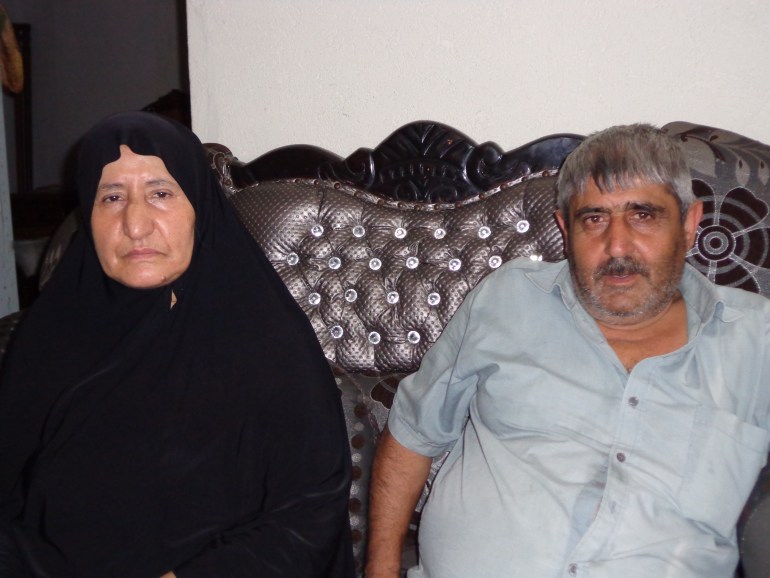Serum, Bharat Biotech vaccines get restricted use approval from DCGI

India’s drug regulator on Sunday gave the final approval for the Oxford-AstraZeneca and Bharat Biotech’s coronavirus vaccines for restricted use in an emergency situation, giving the country its first two shots for immunising its vast population in the coming weeks.
While the Oxford-AstraZeneca vaccine manufactured by Serum Institute of India (SII) here has a 70.42 percent efficacy, the indigenous vaccine from Bharat Biotech still does not have an efficacy data as the trials are underway in India. Both vaccines can be stored at 2-8 degrees Celsius and both companies have been stockpiling the vaccines for dispatch once the approvals come. SII has a stockpile of over 50 mn doses at the moment and can make 100 mn doses per month.
“After adequate examination, the Central Drugs Standard Control Organisation (CDSCO) has decided to accept the recommendations of the Expert Committee,” V G Somani, drug controller general of India (DCGI) said. While in the short press briefing the DCGI did not take any questions, he did clarify that data from phase 3 trial initiated in India has shown Bharat Biotech’s Covaxin to be ‘safe’ (according to data available till date). Covaxin, however, may be used as a ‘back-up’ vaccine while the data from ongoing trials are being generated.
ALSO READ: Explained: How Punjabi diaspora is influencing the farmer agitation
India’s drug regulator has allowed restricted use of Covaxin in an emergency situation which is still under trial. This means the firm does not yet have full efficacy data from the 28,500 volunteers study initiated across the country. Around 22,500 participants have already been given at least one jab.
Efficacy data is unblinded once a critical number of Covid-19 positive cases appear in the sample population where some people have received a placebo shot while others have been given the vaccine. Once a certain statistical number of Covid-19 positive cases happen, the investigators unblind the data to analyse the efficacy of the vaccine in preventing the disease. Therefore, it would take some more time for the data to be generated which the company will have to share with the regulator on a rolling basis.
Sources in the expert panel indicated that some interim data was shared with them for the review.
Meanwhile, The Serum Institute of India which is developing Covishield – the Oxford vaccine had sought the emergency approval for its vaccine on the basis of interim safety and immunogenicity data from phase two and three trials conducted on 1,600 participants in the country along with the findings of overseas clinical studies done on 23, 745 participants. The overall vaccine efficacy was found to be 70.42 per cent.
An upbeat Adar Poonawalla, CEO of SII said in a tweet, “Happy new year, everyone! All the risks @SerumInstIndia took with stockpiling the vaccine, have finally paid off. COVISHIELD, India’s first COVID-19 vaccine is approved, safe, effective and ready to roll-out in the coming weeks.”
Bharat Biotech’s Covaxin a back-up
The reason why India decided to approve the under-trial Bharat Biotech vaccine is because it is based on a whole inactivated virus platform. Bharat Biotech also claimed that the evaluation of Covaxin has resulted in several ‘unique product characteristics’ including long term persistence of immune responses to multiple viral proteins as opposed to only the spike protein, and has also demonstrated broad spectrum neutralising capability with heterogeneous Sars-CoV-2 strains. “It has also shown to generate memory T cell responses …. indicating longevity and a rapid antibody response to future infections. Its most critical characteristic is the demonstrated safety profile, which is significantly lower than several other vaccines with published data,” Bharat Biotech further added.
The company said that it has already submitted all data (generated so far) to the regulator. Speaking to a television channel, Randeep Guleria, director of AIIMS, Delhi said that Covaxin can be kept as a ‘back-up’ in case one approved vaccine shows any decline in efficacy because of a variant strain, then one will have a whole virus inactivated vaccine as a back-up. Theoretically at least, a whole inactivated virus vaccine is expected to generate an immune response against variant strains.
Krishna Ella, CMD of Bharat Biotech thanked ICMR director general Balram Bhargava for his ‘visionary leadership’ in this project and said that this was a public-private partnership between Bharat Biotech, National Institute of Virology (NIV) and the ICMR.
How are the two vaccines different?
Covaxin is based on highly purified and inactivated two-dose Sars-Cov-2 vaccine manufactured in a vero cell manufacturing platform. The company claims that this platform has an ‘excellent safety track record’ of more than 300 mn doses. It is the traditional vaccine technology which uses an inactivated virus to prime our immune response against the pathogen. The advantage is that it is time-tested, and when a whole virus is used, theoretically it should induce an immune response for variant strains. However, we do not know the efficacy of Covaxin yet. The Oxford-AstraZeneca vaccine, on the other hand, uses a chimpanzee adenovirus (common cold virus) to deliver the genetic material of a pathogen into cells. This creates an immune response against the Sars-CoV-2 virus.
Bharat Biotech added that Covaxin has been evaluated in approximately 1000 subjects in phase 1 and phase 2 clinical trials and the data has been accepted in international peer-reviewed scientific journals. The vaccine is now in the middle of a 26000 volunteer phase 3 efficacy study, the largest such trial ever conducted for any vaccine in India.
ALSO READ: Small and mid-caps likely to see big gains in CY21, say analysts
The run-up to the approvals
The expert panel consisting domain knowledge experts from the fields of pulmonology, immunology, microbiology, pharmacology, paediatrics, internal medicine had met on Friday and Saturday to analyse the data given by the Serum Institute of India and Bharat Biotech to make its recommendations in favour of granting the restricted use approval to both vaccines.
The DCGI has also allowed Zydus Cadilla to conduct Phase-III clinical trial in 26000 Indian participants for its novel coronavirus vaccine developed using the DNA platform technology.
Poonam Khetrapal Singh, regional director WHO south-east Asia in a statement issued soon after the DCGI announcement said, “This decision taken today by India will help intensify and strengthen the fight against Covid-19 pandemic in the region. The use of vaccine in prioritized populations, along with continued implementation of other public health measures and community participation will be important in reducing the impact of Covid-19.”
India plans to inoculate 300 million people in the first tranche of vaccinations including healthcare workers, frontline workers and those above either 50 years of age or with comorbidities.







